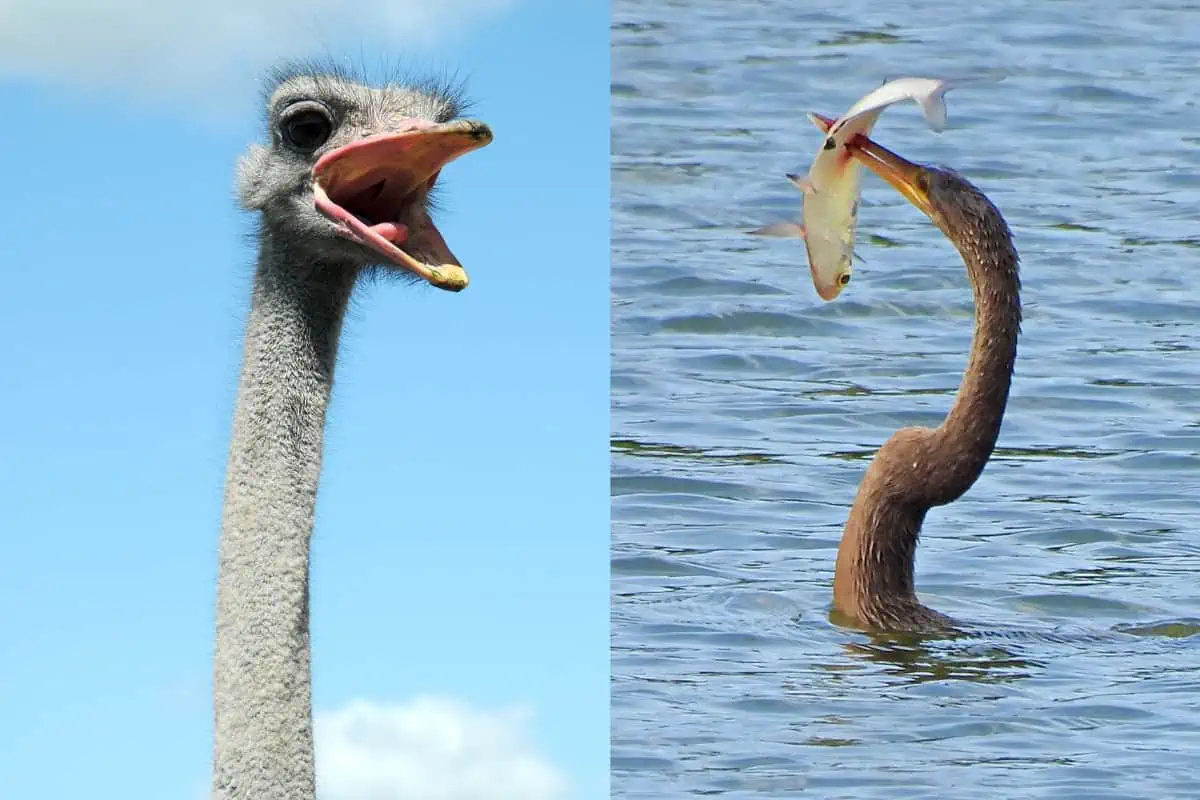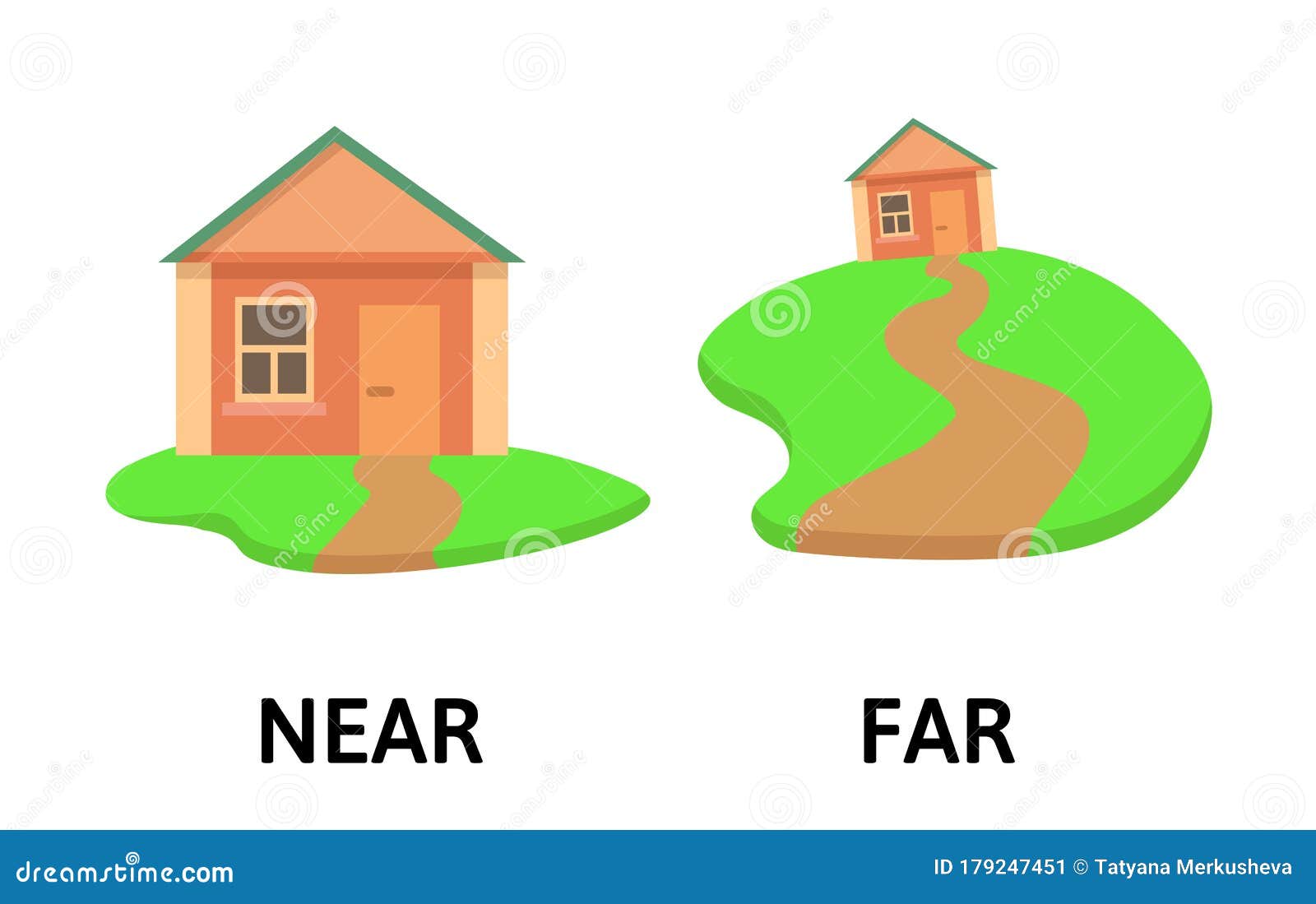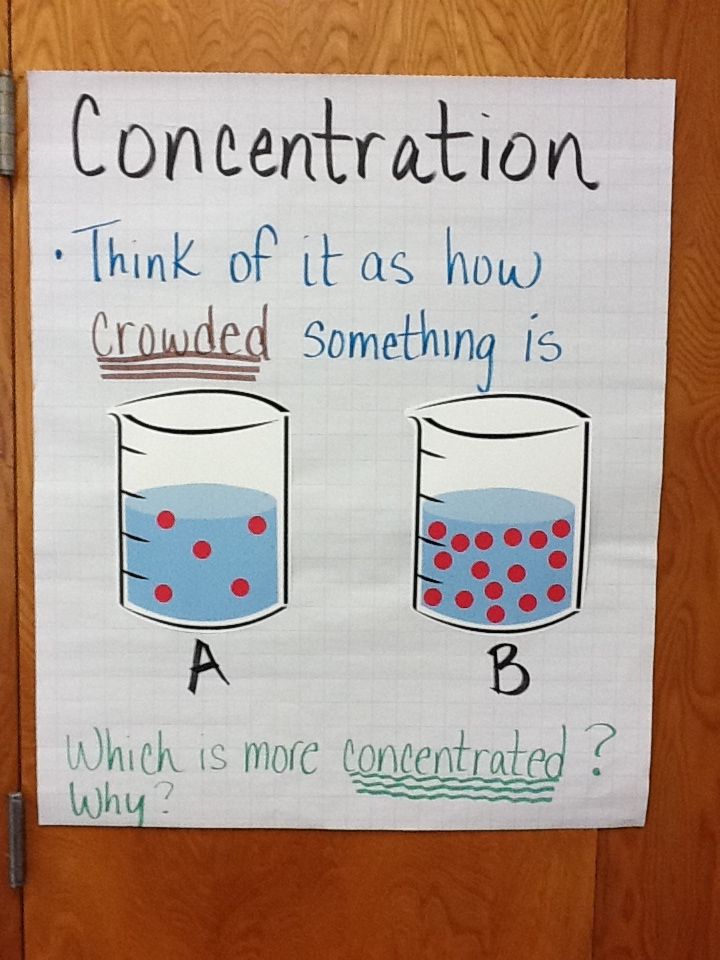Unlocking the Challenges: Why Science Feels Difficult and How to Succeed
Introduction: The Perceived Difficulty of Science
Many learners and professionals alike find science to be a tough discipline. This reputation is not without reason: science combines abstract concepts, evolving theories, complex systems, and rigorous demands that can intimidate both beginners and seasoned students. Understanding why science is so hard is crucial to overcoming these barriers and succeeding in scientific fields.
Abstract Concepts and Visualization Challenges
One of the primary hurdles in science education is the abstract nature of many scientific concepts. Topics such as quantum mechanics, relativity, or molecular biology often involve ideas that cannot be directly observed or easily visualized. For example, quantum mechanics relies on mathematical models to describe phenomena that defy everyday intuition, making it hard for students to grasp without a strong foundation in mathematics and physics [1] . Similarly, in biology, understanding cellular processes like photosynthesis requires visualizing mechanisms at the microscopic level, which many learners find challenging.
To navigate these abstract concepts, students can:
- Use visual aids such as diagrams, animations, and models.
- Engage in hands-on experiments to tie theory to practice.
- Break complex topics into smaller, manageable pieces for incremental learning.
For those struggling with abstraction, seeking supplemental resources like educational videos or interactive simulations may provide alternative ways to approach difficult material.
Complexity of Scientific Systems
Science often deals with intricate systems and processes that require a deep understanding of multiple disciplines. For instance, mastering the human immune system demands knowledge of biology, chemistry, and sometimes statistics, as the interplay between cells, molecules, and external agents is multifaceted [1] . This complexity is compounded when scientific reasoning is non-linear, as seen in health sciences where symptoms may not have a direct or obvious cause-and-effect relationship [3] .
Practical strategies for tackling complexity include:
- Building a solid foundation in basic scientific principles before moving to advanced topics.
- Using concept maps to visualize relationships between different parts of scientific systems.
- Collaborating with peers to discuss and solve problems collectively.
Students often benefit from guided instruction or focused tutoring to break down and clarify these multifaceted systems.
Technical Language and Scientific Terminology
Scientific communication relies heavily on technical language and jargon. Academic papers and textbooks often employ terminology that is unfamiliar and intimidating to newcomers [1] . This barrier can make even straightforward ideas seem inaccessible.
To cope with technical language, students should:
- Maintain a dedicated glossary of terms encountered in their studies.
- Seek explanations from multiple sources, such as online dictionaries, forums, or instructors.
- Practice using new vocabulary in context to reinforce understanding.
Many educational platforms offer science dictionaries and glossaries, which can be found by searching for “science glossary” or “scientific terms explained” on reputable educational sites.

Source: pixabay.com
Heavy Content Load and Memorization Demands
Science curricula frequently cover vast amounts of information across diverse topics. Learners are expected to retain and recall large sets of facts, formulas, and processes [3] . This heavy content load can overwhelm students, especially when combined with poor note-taking or study habits.
To address memorization challenges:
- Implement active learning techniques such as flashcards, spaced repetition, and summarization.
- Organize study materials by topic and regularly review past content to reinforce retention.
- Focus on understanding over rote memorization by seeking practical examples and applications.
Online tools like spaced repetition apps (e.g., Anki) are widely used and can be found by searching for “free spaced repetition software.” For personalized advice, consider reaching out to educators or academic support centers at local institutions.
The Evolving Nature of Science
Science is not static; it continuously evolves as new discoveries and theories emerge. Learners must update their knowledge and adapt to changing paradigms, which can be daunting [2] . This dynamic aspect means that what is accepted today may be revised tomorrow, adding uncertainty and complexity to the learning process.
To stay current, students and professionals should:
- Subscribe to reputable scientific journals or news portals for updates.
- Participate in continuing education programs, webinars, or workshops hosted by accredited organizations.
- Engage in scientific communities, either online or in-person, to discuss new findings and interpretations.
Major scientific journals, such as Nature and Science , are accessible for news and research developments. For those seeking open access, searching for “open access science journal” will yield verified platforms.

Source: pixabay.com
Critical Thinking and Application Challenges
Unlike many disciplines, science requires learners to apply knowledge to solve problems, conduct experiments, and critically assess data [4] . Exams and practical tasks often demand higher-order thinking, synthesis, and evaluation rather than simple recall.
To develop these skills:
- Engage in regular problem-solving sessions using real-world scenarios.
- Participate in laboratory experiments to connect theory with practice.
- Seek feedback from instructors on reasoning and methodology.
Many educational institutions offer workshops on critical thinking and problem-solving. You can inquire with your school’s academic support office or search for “critical thinking workshop” through recognized platforms.
Lack of Personal Attention and Support
Large classroom sizes and packed curricula may leave students without the personal attention needed to clarify doubts and reinforce learning [4] . Some learners hesitate to ask questions, fearing judgment or misunderstanding.
Individuals seeking more personalized support can:
- Join small study groups for collaborative learning.
- Attend academic tutoring sessions offered by schools or community organizations.
- Ask questions online in trusted science forums like Stack Exchange or Reddit’s r/AskScience.
If you want to find a local tutor, search for “science tutors near me” using reputable platforms or contact your school’s guidance office for recommendations.
Building Motivation and Resilience
Succeeding in science demands sustained motivation and resilience. The learning journey is often long, with setbacks such as failed experiments or low grades [3] . Developing perseverance is key to overcoming temporary failures and building long-term expertise.
Strategies for cultivating resilience include:
- Setting realistic goals and celebrating incremental achievements.
- Reflecting on setbacks as learning opportunities rather than discouragements.
- Seeking mentorship from experienced professionals who can offer guidance and encouragement.
Many professional organizations, such as the American Association for the Advancement of Science (AAAS), provide mentorship programs. To explore these, visit the official AAAS website and look for “mentorship programs.”
Alternative Pathways and Solutions
If traditional science education feels overwhelming, alternative approaches are available:
- Online courses offer flexible, self-paced learning modules. Platforms like Coursera and edX host science courses from top universities (search for “Coursera science courses” or “edX biology courses”).
- Community science clubs and maker spaces provide hands-on learning opportunities outside the formal classroom.
- Informal learning through documentaries, podcasts, and citizen science projects can ignite curiosity and reinforce knowledge.
For those interested in citizen science, searching for “citizen science projects” will reveal opportunities to participate in real-world research, often hosted by established organizations like SciStarter.
Key Takeaways and Next Steps
Science’s reputation for difficulty stems from its abstract concepts, complex systems, technical language, heavy content load, evolving nature, demand for critical thinking, and the need for resilience. By understanding these challenges and utilizing actionable strategies-including visual aids, collaborative learning, ongoing education, and alternative pathways-learners can make science more accessible and rewarding.
Step-by-step guidance for overcoming science challenges:
- Identify specific areas of difficulty and seek specialized resources.
- Engage actively with material through experimentation and discussion.
- Use verified educational platforms and reputable organizations for supplementary learning.
- Seek mentorship or tutoring if personal attention is needed.
- Embrace alternative learning methods to keep motivation high.
If you require additional support, contact your institution’s academic office or search for “science learning support” through official education portals.
References
- [1] Vocal Media (2023). Why science is hard? Explains core challenges and abstract concepts in science education.
- [2] CareerVillage (2024). Why is science hard? Discusses the evolving nature of scientific theories and critical thinking requirements.
- [3] CIP Courses (2024). Why Is Science So Hard To Learn? Reviews memorization demands and cognitive challenges in science learning.
- [4] Edufront (2024). Common Challenges Students Face in Science and How Tuition Can Help. Covers issues of complexity, content overload, and lack of personal attention.



